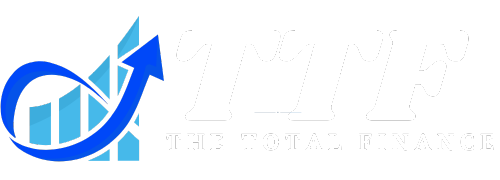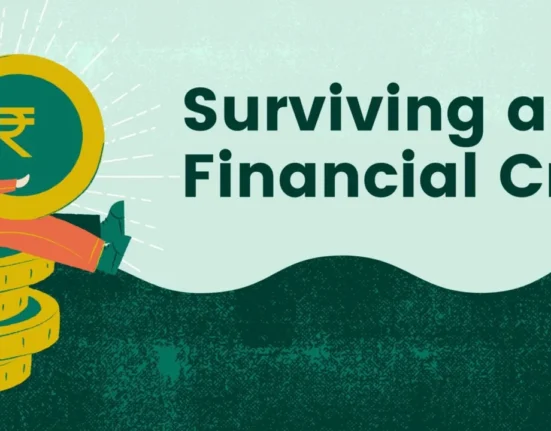Debt management is a fundamental financial competency that Americans need to handle their finances throughout 2025. A person’s ability to avoid typical debt management errors will lead them to monetary stability as well as personal peace of mind when dealing with economic pressures. The article reveals crucial errors in debt management that Americans need to prevent this year, alongside strategies to enhance their financial condition while creating lasting financial stability.
Mistake 1: Failing to Create a Clear Debt Management Plan
Failing to design an organized plan becomes one of the crucial errors in a debt management plan. A large number of people start 2025 with debt reduction goals, but they do not have proper guidelines to manage their debts. Starting debt reduction without defined objectives and direction makes it simple for people to lose their focus and make unplanned choices that increase debt levels.
Financial goals written down with SMART parameters result in significantly better achievement results. Aiming for debt reduction becomes more focused and driven through a clear financial objective, such as paying $1,000 worth of credit card debt before mid-year. The approach enables you to monitor your debt reduction progress alongside making necessary adjustments to your debt management methods, thus enhancing your debt reduction success.
Mistake 2: Misusing Credit Cards for Rewards While Carrying a Balance
People commonly make mistakes by acquiring reward benefits through credit cards without paying off their balances. Most American consumers try to get the most from credit card benefits, along with cash back incentives, while they remain ignorant of the fact that credit card interest rates commonly reach above 20%. Any rewards that come from loyalty programs become costlier than the expense of debt due to elevated interest rates.
Credit experts note that rewards become meaningful only when users clear their monthly balance before bills are due. Using rewards programs to build up debt leads to increasingly higher interest rates, which increases financial problems. The error shows why you should educate yourself about credit card terms while placing debt reduction strategies before earning points or cashback.
Mistake 3: Neglecting to Seek Professional Debt Counseling
The third major mistake during debt overload occurs when individuals refuse to consult experts or join debt counseling programs. Americans face significant challenges when managing their combination of debts, including credit cards and medical expenses, as well as house payments, because obtaining expert advice would be beneficial.
People who seek help from certified credit counselors or financial advisors will get customized debt reduction strategies that match their unique financial situations. These debt professionals assist clients by developing financial plans, and they conduct negotiations with creditors while providing effective debt management plans.
A major section of American individuals has failed to examine professional debt relief solutions, thereby not obtaining essential support for quicker financial restoration. People who consult with debt counselors take a wise approach to discover personal debt solutions.
Mistake 4: Giving Up Too Easily When Facing Setbacks
Many debt managers quit their goal early after encountering minor obstacles. This behavior stands as a major problem in debt management. The journey toward financial advancement gets interrupted because of unexpected costs, which often follow life changes that interfere with well-planned goals.
Staying committed to debt managements requires flexibility because larger debt goals can become more manageable through smaller, reachable milestones. Sustainability in motivation across time comes from recognizing progress milestones while allowing life’s unpredictable aspects to reformulate plans. A debt management plan provides an essential foundation for obtaining financial freedom, although it might appear slow.
Mistake 5: Overlooking the Impact of Major Life Changes
Neglecting to understand how major life events affect debt management will lead to failure in achieving financial goals. Major personal events, including job termination or health crises, as well as familial transitions, have major negative effects on debt management capabilities.
People in the United States need to adjust their debt management plans when major life disruptions occur. The ability to adapt and take steps proactively allows debt reduction progress to continue even during short-term obstacles. People need to be observant about changes in their financial situation so that debt management can stay realistic and in line with current realities.
Embrace Smart Debt Management in 2025
To succeed at managing debt in 2025, people must make strategic and structured debt management plans. Americans who want to take control of their finances should avoid five specific errors, which include failing to develop a debt management plan and optimally using credit cards for bonus points with outstanding debt, failing to seek qualified debt counseling professionals and giving up prematurely, and not adapting financial strategies to personal life events.
The implementation of personal debt solutions paired with structured debt reduction strategies enables people to lower their financial responsibilities while constructing better financial security for their future. The year 2025 will bring valuable financial growth combined with stability through active debt management innovations.








